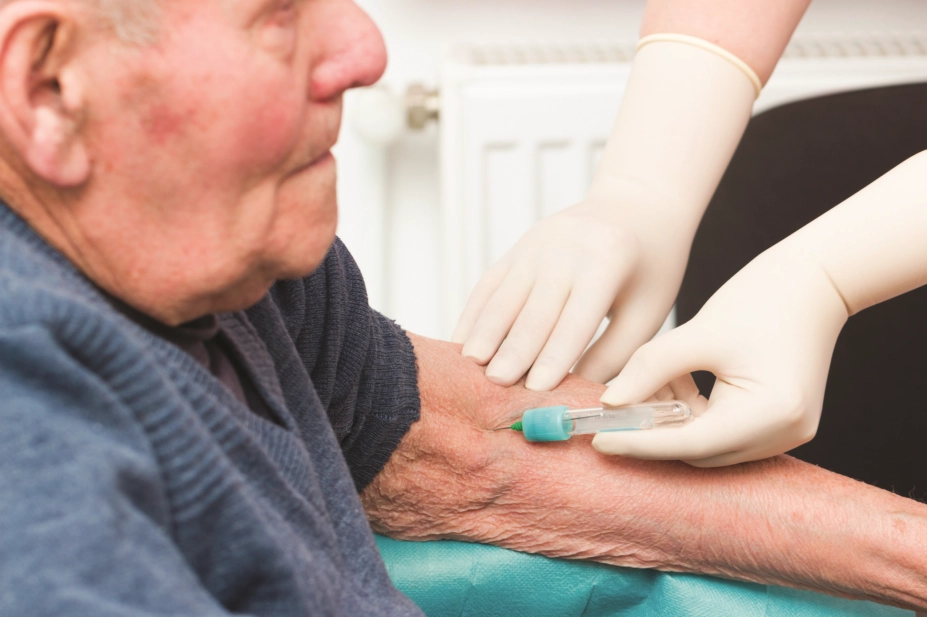
Shutterstock.com
Community pharmacy is “ideally placed” to provide a safe anticoagulation service for patients needing warfarin monitoring, and to give them a better patient experience, a study has found[1]
.
Researchers from Boots UK and the University of Brighton looked at the outcomes and experiences of patients attending the anticoagulation monitoring service provided by community pharmacists in Brighton and Hove. They found pharmacists deliver “enhanced clinical outcomes and positive patient experience”.
Published in the journal BMC Health Services Research, the study tracked over 2,000 patients on warfarin who were using the Community Pharmacy Anticoagulation Management Service (CPAMs) in the Brighton and Hove locality between 2009 and 2016.
The CPAMs service, managed by Boots UK, was implemented in 17 pharmacies — nine Boots, and eight independently owned pharmacies — across the locality in October 2009, with a mix of pharmacies of different sizes and locations.
Previously, these patients would have needed to attend regular hospital outpatient clinics to have blood samples taken to assess their International Normalised Ratio (INR) readings, which measures blood clotting time, but now they access this service from their pharmacy.
Patient outcomes were shown to exceed targets for patients using the service (percentage INR readings in therapeutic range (65.4%) and percentage time in therapeutic range (72.5%), versus targets of 60% and 70% respectively). The study also showed high levels of patient satisfaction with the service, with over 98.6% of patients rating the service as “good”, “very good” or “excellent”.
Commenting on the findings, James Morton, commissioning manager, urgent and community, Brighton and Hove Clinical Commissioning Group (CCG), said the service was “consistently popular” with patients, by providing accessible clinics closer to home rather than them having to travel to attend a hospital appointment.
“Recent innovations such as piloting self testing for a specific cohort of patients have further enhanced patient experience, particularly for people who work,” he said.
“Brighton and Hove’s GPs also highly value the service and it provides an invaluable bridge between primary and secondary care services.”
Marc Donovan, chief pharmacist at Boots UK said anticoagulation management “continues to evolve rapidly”, and that learning from such studies “helps to find opportunities where services can also adapt”.
“As a pharmacy-led service, the community setting can increase patient access to professional advice and testing, ultimately leading to improved INR control,” Donovan said.
“This study is important in demonstrating the role that community pharmacy has and continues to have in adapting to meet the changing need of patients, and supports the commissioning of key services from primary care settings.”
References
[1] Ingram S, Kirkdale C, Williams S, et al. Moving anticoagulation initiation and monitoring services into the community: evaluation of the Brighton and Hove community pharmacy service. BMC Health Services Research 2018 18:91. doi: 10.1186/s12913-018-2901-8


